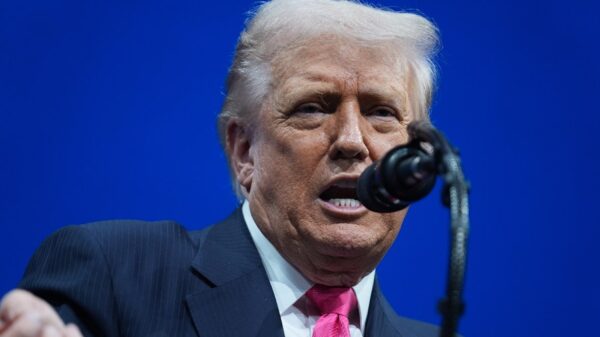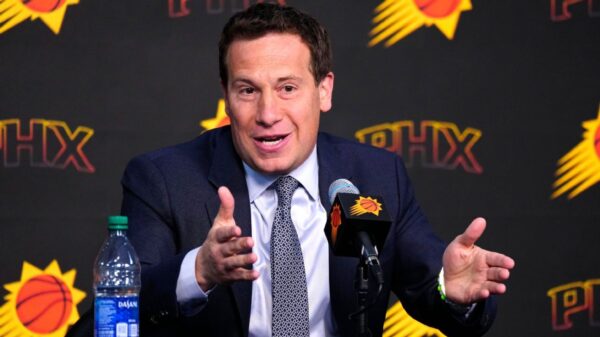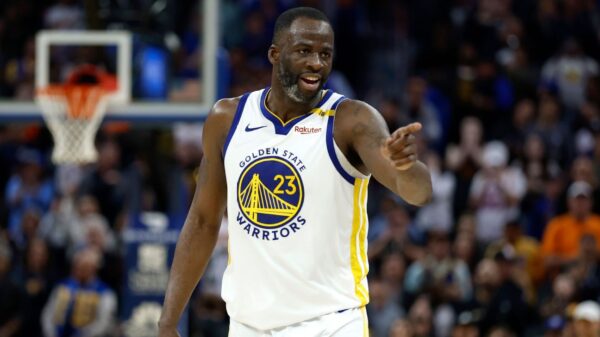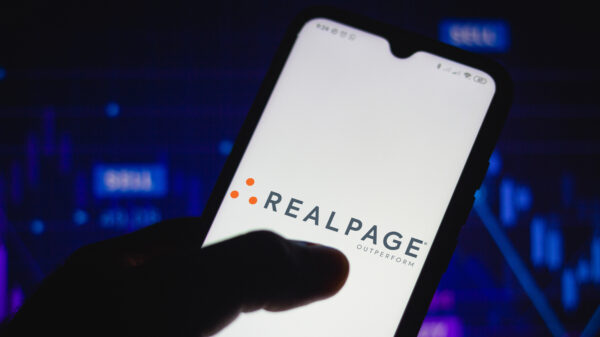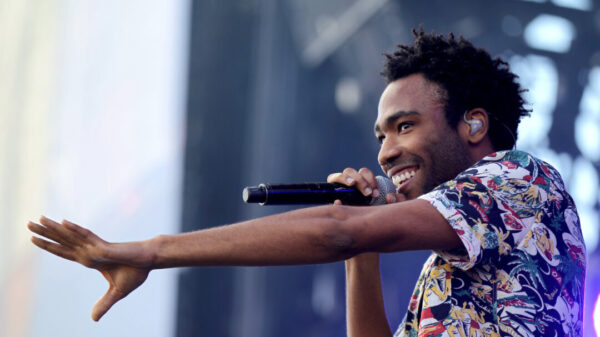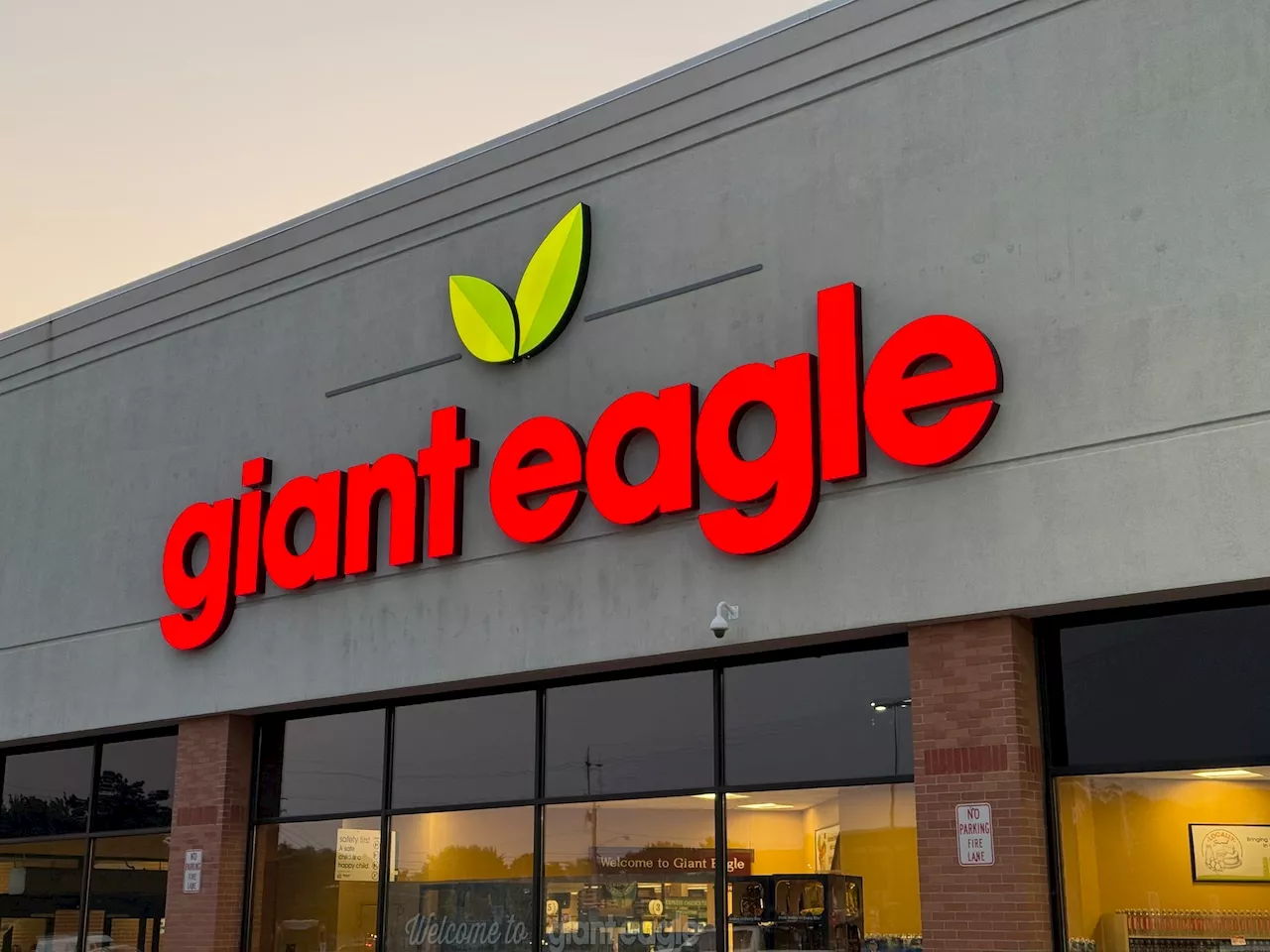Disney has removed its channels from YouTube TV following a failure to reach a new streaming contract, impacting over 10 million subscribers. This decision comes amidst growing discontent among consumers due to recent price hikes for Disney’s streaming services and controversies surrounding programming choices.
The channels, including prominent networks such as ABC, ESPN, Disney Channel, FX, and NatGeo, were pulled after negotiations between Disney and YouTube’s parent company, Google, broke down. YouTube TV announced this development on social media, stating, “Despite our best efforts, we have not been able to reach a fair deal.” The company also indicated plans to offer a $20 credit to affected subscribers if the channels remain unavailable for an extended period.
Impact on Subscribers and Programming
This move leaves subscribers unable to access key sporting events, including college football and potentially ESPN’s Monday Night Football, one of the network’s flagship offerings. The failure to secure a contract has raised concerns that sports fans could miss critical live broadcasts as the dispute continues.
Following the channel removal, Disney’s leadership expressed their disappointment, accusing YouTube of withdrawing the channels “with no advance notice to their subscribers, or to us.” In a memo shared with employees, Dana Walden and Alan Bergman, co-chairs of Disney Entertainment, along with Jimmy Pitaro, chairman of ESPN, criticized Google for its reluctance to negotiate fair carriage fees, stating that the company has been more agreeable to deals with other platforms, such as Fubo TV.
The executives characterized Google’s actions as indicative of their lack of regard for customers, asserting that YouTube TV is “not interested in achieving a fair deal.” They contend that the tech giant aims to use its substantial resources to diminish competition and devalue the content that has contributed to its service’s growth.
Context of the Dispute
This latest controversy follows a series of challenges for Disney, including backlash regarding streaming price increases and decisions surrounding high-profile programming like Jimmy Kimmel Live!. The company’s recent actions have generated mixed reactions from audiences, who feel increasingly frustrated by rising costs and content availability issues.
As this situation develops, subscribers are left in uncertainty, awaiting further updates on the negotiations between Disney and YouTube. Both companies have yet to indicate a timeline for potential resolution, leaving viewers to question their access to popular programming.
Disney’s ongoing negotiation struggles highlight the broader tensions in the entertainment industry, where traditional media companies increasingly confront the dominance of digital platforms. As the landscape evolves, the outcomes of such disputes will significantly impact content distribution and viewer access moving forward.

